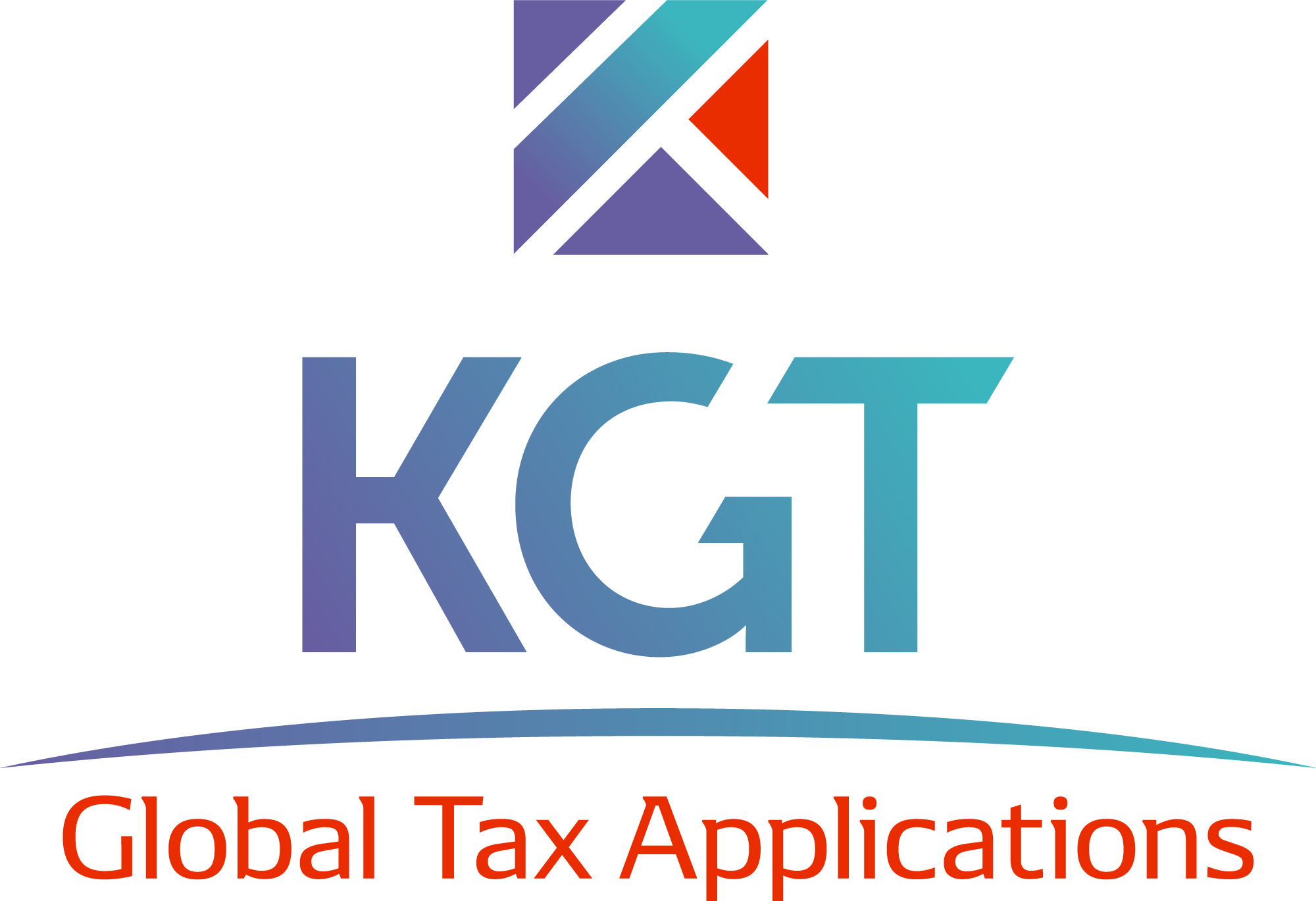B2B e-invoicing for solely trade purposes
Below are two examples in Finland and Portugal where B2B e-invoicing should be possible due to trading. The transactions are not mandatory (yet) for tax reporting purposes. KGT has developed SAP add-ons to facilitate such e-invoicing directly from SAP.
Finland and optional B2B invoicing starting April 1, 2021
The Finnish government receives around 90% of invoices electronically for B2G transactions. Concerning B2B transactions, customers have the right to receive an e-invoice from their suppliers. It applies to Finnish companies with a turnover above €10,000, and the rule started on April 1, 2020.
The format of the e-invoice is not regulated, and the vendor can authenticate the document's integrity via various trusted methods such as digital signatures. However, the customer's right to request an e-invoice is restricted to invoices issued that follow the European norm (EN 16931). There are currently two Finnish formats that correspond with the European standard. It is 'TEAPPSXML 3.0' and 'Finvoice 3.0'.
Portugal - mandatory digital signature on B2B e-invoices when implemented
B2B e-invoicing is not mandatory in Portugal. It is essential that all electronic invoices issued will have to be digitally signed.
According to an EU Directive, all public bodies in European Union must as of April 2019 receive electronic invoices Portugal has decided to regulate also the exchange of B2B e-invoices by mandating digital signatures. All companies that opt for e-invoicing must, before next October 2021, implement digital signatures to prove the document's validity. The integrity can be guaranteed by:
- Including a qualified digital signature according to legal standards, or
- Including a qualified digital seal that complies with (EU) 910/2014, or
- Use an EDI solution approved by recommendation EC/820/1994
The e-invoice must use either a digital signature or a contain qualified digital seal.

